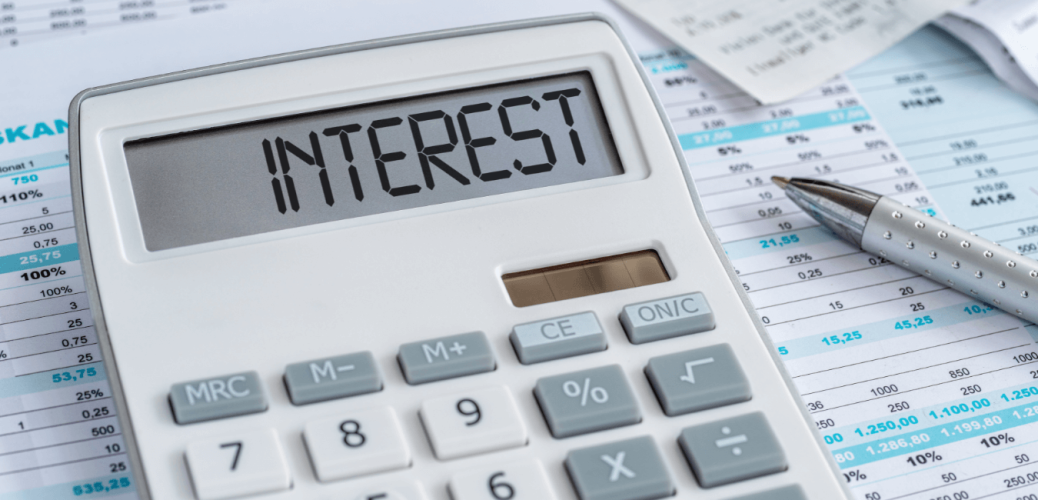
How is Unpaid Debt Sold to Collection Agencies and How Do These Items Show Up on Credit Reports?
If you’ve gotten seriously past due on one or more bills, your creditor may decide to sell your past-due account to a collection agency. Most of the time, accounts aren’t sold to collection agencies until they’re 120 to 180 days past due. How is unpaid debt sold to collection agencies and how do these items show up on credit reports?
From Past Due to Collections
If you miss a payment on one of your accounts, you’ll probably hear from your creditor. They may send past due notices and call or email you to remind you that you didn’t make your payment. If several months pass and you don’t return their calls or you’re still unable to pay, you may notice that they’ve stopped calling. This doesn’t mean they’ve given up on being repaid. It probably means that they’ve sold the debt to a collections agency, a company that specializes in the collection of debts, and you’ll be notified in writing by the agency.
Once you’ve been notified that your account is in collections, you have the right to dispute the debt if you believe it’s inaccurate. If the debt is legitimate, the collector will be very persistent about collecting the money. If they’re unsuccessful after a few months, they may sell the debt to a different collections agency.
Collection Accounts and Your Credit
As soon as you missed a payment, your credit score probably started to go down. The longer a payment is past due, the worse it can affect your credit. Once your account has gone into collections and is reported to the credit bureau, it’s going to have a negative effect on your credit. Collection agencies may report to all three credit bureaus, or they may only report to one or two of them. Negative information can remain on your credit report for up to seven years.
When you fall past due on your payments, don’t ignore your creditor’s efforts to contact you. You may be able to work out a payment plan before the account is ever sent to collections. Once you’re in collections, the collections agency may be willing to settle the account for an amount that’s less than you owe. Collections agencies may sue you if you don’t pay, and if you don’t show up in court, the case will be decided in their favor.
What if the Debt Isn’t Legitimate?
If a collector tries to collect a balance you already paid, you have a right to dispute the debt. If you hear from a collector about an account you don’t recognize, file a dispute with the credit bureau right away. That could be a sign that an account has been fraudulently opened in your name.
Get in touch with Dovly to help you correct any misinformation that’s on your credit report including fraudulent accounts. Dovly is an AI credit engine that helps you check, fix, and manage your credit 24/7. Try it risk free with our free membership tier. Contact Dovly today.


